Inflammation is a process within the body that can wreak havoc and lead to disease. In this post, we’ll reveal 10 foods that cause inflammation. You’ll learn what foods to avoid and how to make the best choices for a healthy lifestyle.
There is a lot of hype these days about how to live a healthy lifestyle. I am so glad the tides are turning in this direction, and as you know, I am definitely riding the wave!
One of the words thrown around these days in the healthy eating world is "inflammation." And for good reason.
You see, folks, inflammation in the body can be harmful.
First off, I will say that the inflammatory response to injury is a natural and necessary one, in that inflammation helps the body repair. But, what about when you are not injured?
That’s the inflammation I am talking about. Disease-causing inflammation, and inflammation that makes you feel bloated and blah.
In a nutshell, chronic inflammation spread throughout the body is harmful. And what you eat can actually play a big part in the inflammatory process.
You are here because you want to eat right, and you are working on a clean-eating, healthy lifestyle. Let’s take a look at inflammation and how avoiding inflammatory foods will get you one step closer!
HOW DO UNHEALTHY FOODS CAUSE INFLAMMATION?
Chronic inflammation is associated with certain diseases like diabetes, Alzheimer’s, and depression and can also cause plaque build-up in the arteries, leading to stroke and heart disease.
Scientifically put, certain foods can affect inflammatory markers in the body, namely C-reactive protein found in the blood. For example, processed sugars can flip the switch for an inflammatory response. Consistently eating a lot of sugar results in chronic inflammation and the resulting disease.
A diet made up of the following foods, among others we will discuss, will maintain the inflammatory response I’m talking about:
- Trans fats, like margarine
- Processed meats, like sausage and bacon
- Fried foods
- Foods with refined sugar
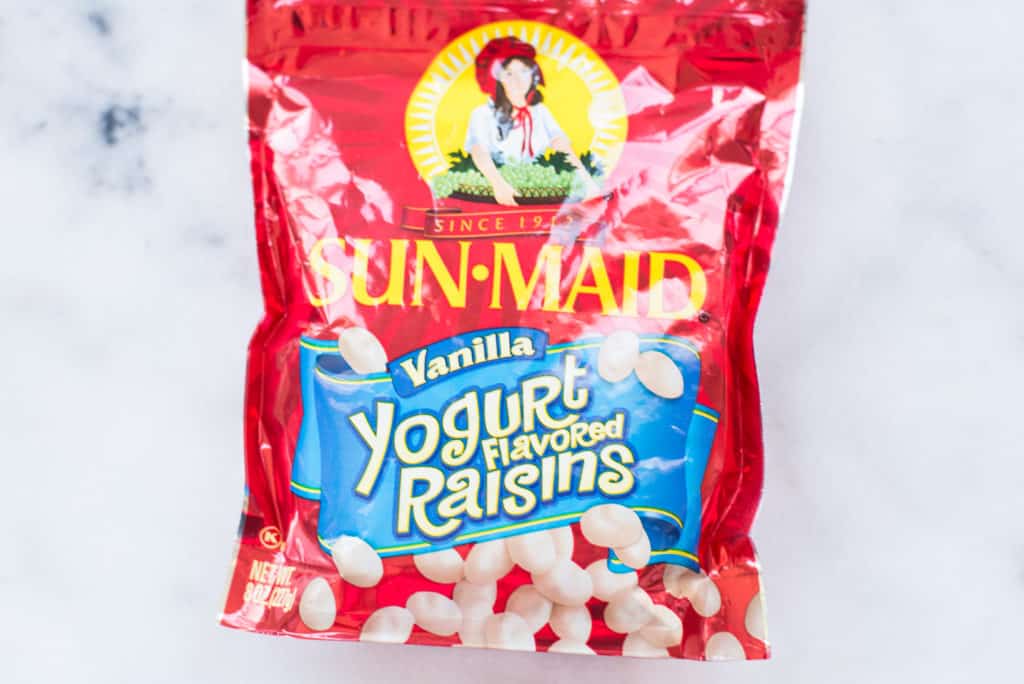
HEALTH BENEFITS OF EATING NON-INFLAMMATORY FOODS
The benefits are aplenty, my friends! That’s why it just makes so much sense to eat this way. Not only will you feel more energized and more focused, but these results are also worth the effort, too.
- Eating fruits and vegetables gives your body anti-inflammatory nutrients
- Omega 3’s balance the inflammatory processes in the body
- Eating clean as opposed to processed and fatty foods reduces the intake of unhealthy fats
- Foods like whole grains, beans, and lentils contain antioxidants that repair cell and tissue damage
- Non-meat based proteins, like nuts, are less inflammatory
- Vitamin deficiencies that you may have will disappear once you start eating healthier
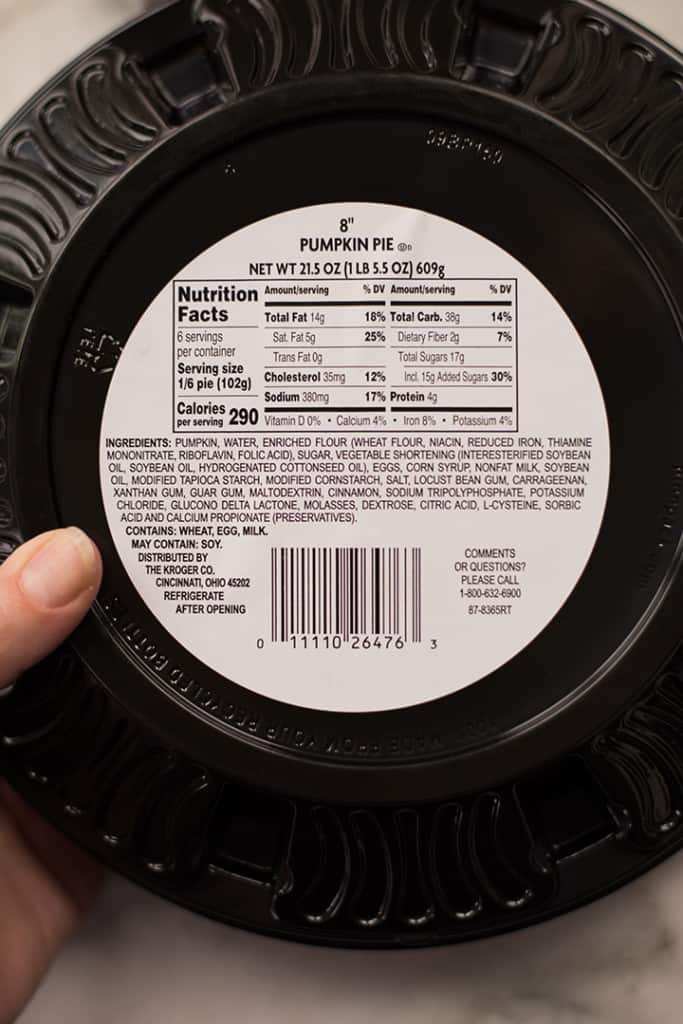
CAN INFLAMMATORY FOODS STALL WEIGHT LOSS?
Yes, there is a link between chronic inflammation and the body’s inability to shed excess weight. Not only that, but eating food that causes inflammation leads to bloating, joint pain, headaches, and a host of other issues that we don’t want.
Sugar, big on the inflammatory response scale, leads to both inflammation and weight gain, so it’s only normal they go hand in hand. Foods containing empty calories (think potato chips, soda, and processed meats) increase the body’s acid production, which also leads to inflammation.
Simple steps like clean eating, following my 5-Day Anti-inflammatory Diet Meal Plan, and drinking lots of water will help you reduce inflammation. You will feel well balanced, and achieve the weight loss you are looking for.
ARE PEANUTS INFLAMMATORY?
Peanuts are not thought to be on the list of high-inflammatory foods. In fact, nuts, including peanuts, are a healthy and suggested replacement for red meat, processed meat, refined grains, potato chips, and more.

IS COFFEE INFLAMMATORY?
Coffee is not inflammatory. In fact, coffee contains anti-inflammatory compounds like polyphenols, known to reduce inflammation. Remember though, what you put in your coffee makes a difference. Stick to a little bit of almond milk and leave out the processed coffee whitener and processed sugar.
IS DAIRY INFLAMMATORY?
Casein is a protein found in milk, as is whey. Casein makes up 80% of a dairy product and whey comprises the other 20%. Casein is particularly hard to break down in the digestive system, and because of this, can cause a strain that leads to digestive trouble and inflammation. Bloating and gas are just two of the symptoms of an inflammatory response to dairy.

ARE EGGS INFLAMMATORY?
Studies show that eggs can influence the body’s inflammatory response. The interesting thing here is, the response can be both pro- and anti-inflammatory. Eggs and their consumption can affect different people in different ways. To put it simply, research does suggest that eggs can cause inflammation based on factors like weight and presence of disease. And these factors will change whether the response is a positive or negative one.
When it comes to eggs, pay attention to your body and avoid eating them if doing so causes a negative effect like bloating.
FOODS THAT ARE ANTI- INFLAMMATORY
The great news here is, there are tons of foods that are inflammatory. From fruits and vegetables to healthy fats found in flaxseed and fish, the list is full of delicious foods to enjoy on their own or in clean-eating recipes.
- Blueberries, strawberries, cherries contain antioxidants
- Leafy greens like spinach and kale prevent tissue damage
- Fish like salmon and mackerel boost Omega 3s
- Colorful vegetables such as beets, peppers, zucchini, and sweet potatoes
- Whole grains
- Beans and legumes
- Nuts such as walnuts and almonds
- Probiotics like yogurt get rid of bad bacteria in the gut
- Avocados provide heart-healthy fats

WHAT ELSE CAN YOU DO TO REDUCE INFLAMMATION?
Sure, food plays a major part in inflammation, but there are other steps you can take to limit the problem.
- Be physically active
- Get outside a few minutes a day at the least - Vitamin D helps regulate immunity
- Intermittent Fasting is proven to reset the metabolism, thereby reducing inflammation
- Turmeric fights inflammatory conditions; try adding the spice to your food or take a supplement
- Ginger is known to improve digestion and reduce inflammation
- Green tea may reduce inflammation
- Switch from dairy to plant-based products
10 FOODS THAT CAUSE INFLAMMATION
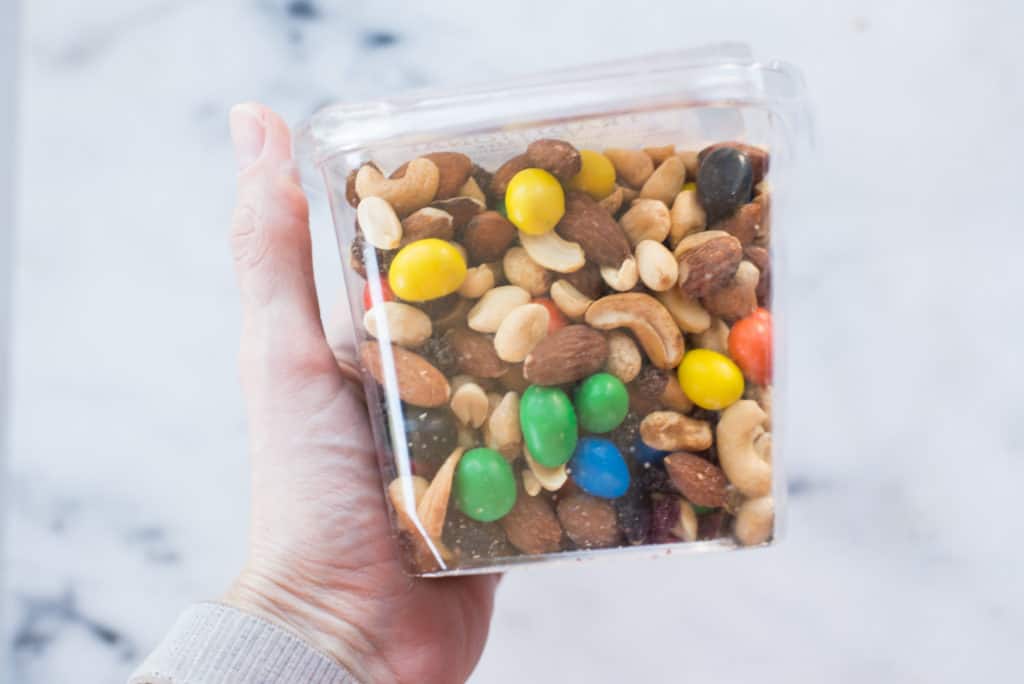
1) ADDED SUGARS
Processed and packaged foods that line grocery store shelves are full of added sugars. Both sucrose (you know it as table sugar) and high fructose corn syrup (found in so many products) are true villains when it comes to inflammation. Cancer, fatty liver disease, obesity, chronic kidney disease, and more are related to excessive sugar intake.
Avoid pastries, cookies, cereals, and candy. You know, basically all of the packaged convenience foods so typical of today. Finding it hard to quit the sugar habit? I did it, and I am telling you that you can, too!
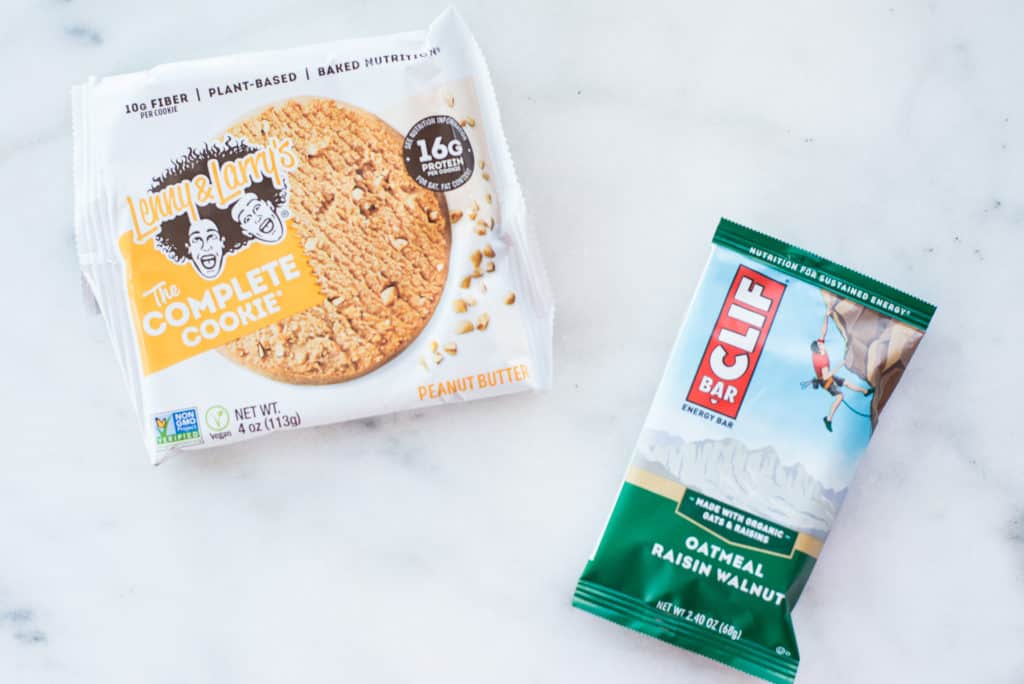
2) TRANS FATS
Artificial trans fats are high up there on the list of inflammatory foods to avoid. Think about it, foods last for months on the grocery store shelf thanks to the addition of trans fats. When you look at it that way, it’s not really something that you want to put in your body, right?
Stay away from packaged cookies and cakes, french fries, shortening, and margarine. If you see trans fats on the label, walk away.
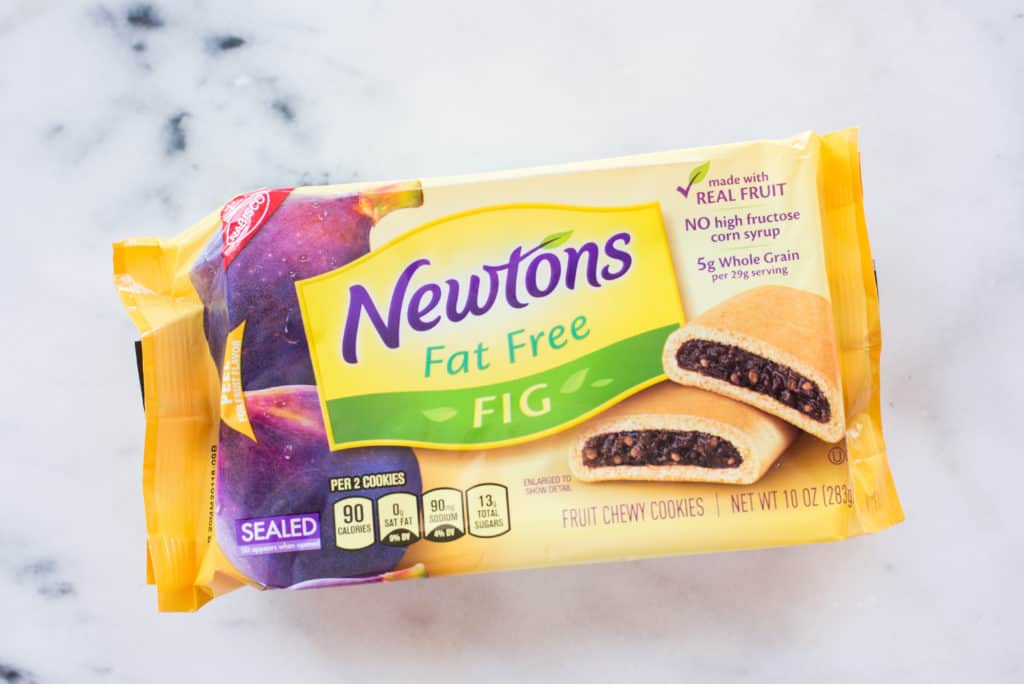
3) REFINED CARBOHYDRATES
Raising your blood sugar. Eating empty calories devoid of fiber and vitamins. Increasing inflammation through food processing methods. None of that sounds appetizing, does it?
Honestly, thinking about eating crisp vegetables, juicy fruits, and satisfying whole grains sounds much more inviting than eating a bag of chips, a handful of cookies, and a soda. Make the move. Cut processed foods out of your diet, and you will feel amazing!

4) PROCESSED MEAT
Now, eating processed meats really doesn’t appeal to me either. Meat that is full of nitrates and nitrates doesn’t taste anywhere near as good as a grilled skinless chicken breast or a nice slice of roast beef.
Avoid eating processed meat and you will reduce your risk of stomach and colon cancer, diabetes, and heart disease. Cooking sliced meats at a high temperature is what adds the inflammatory factor. Give them up for clean eating recipes, and you’ll be that much healthier!
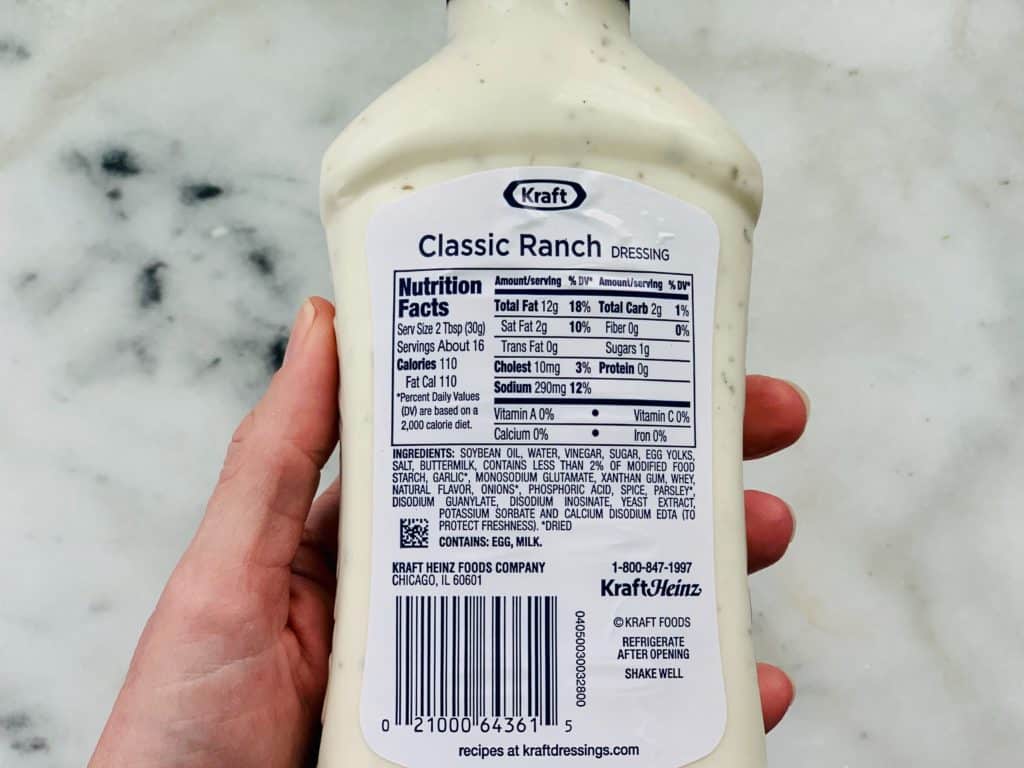
5) MSG (Monosodium Glutamate)
If you are a lover of deli meat, fast food, canned vegetables, and prepared Asian food, you are consuming MSG, otherwise known as monosodium glutamate. It is a known cause of food-related inflammation. It has been classified as “generally recognized as safe” by the FDA, but it is best to be avoided.
Look for “no MSG added” when out at restaurants or eating take-out food.
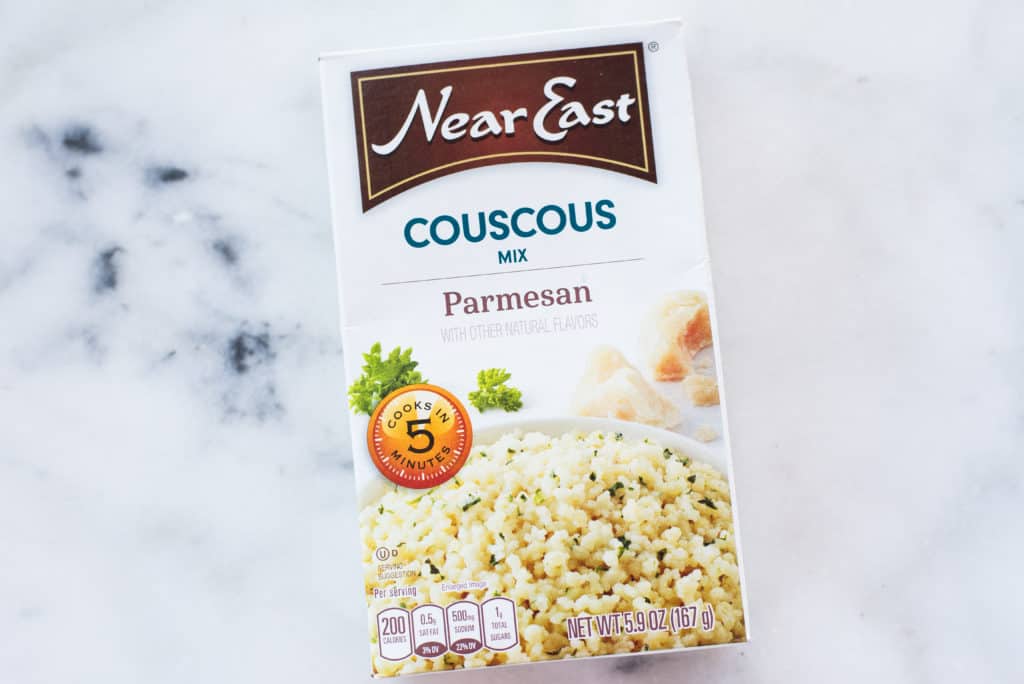
6) GLUTEN
Many choose not to eat foods containing gluten. As well, people who have conditions like celiac disease cannot tolerate gluten due to its effects on the intestine. There is an inflammatory reaction that can affect the organs and tissues.
Bread, couscous, and other foods made with wheat, barley, and rye are the culprits. Avoid inflammation by purchasing foods that are gluten-free. When reading the labels, however, make sure that the gluten-free product does not contain unnecessary added ingredients like potato starch or tons of sugar. Better yet, make your own breads and muffins at home.
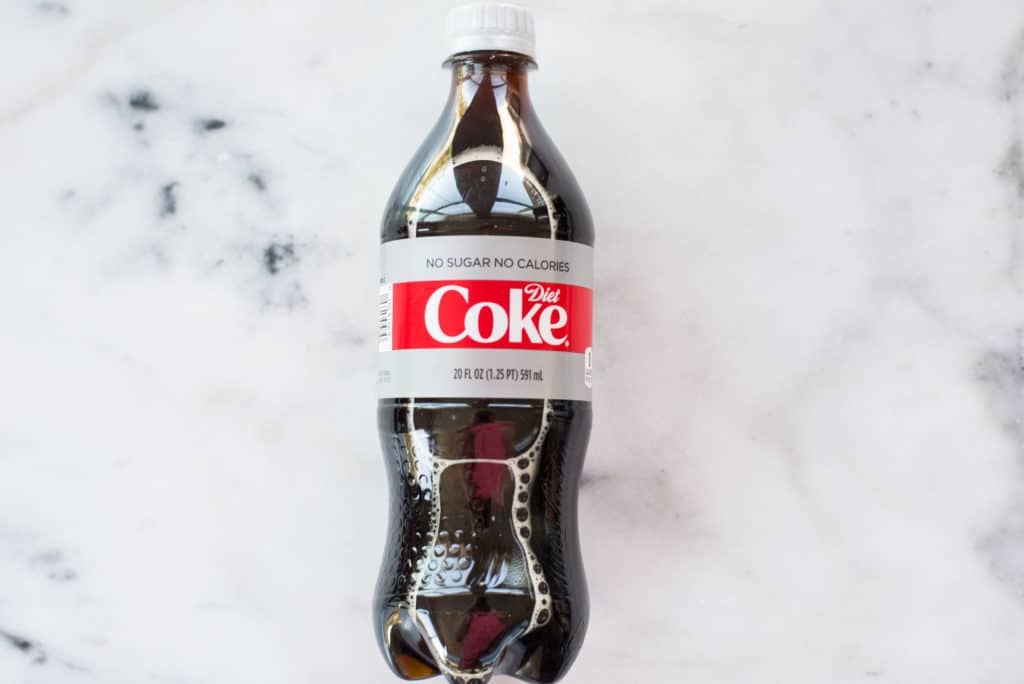
7) ASPARTAME
Aspartame is an artificial sugar. It has no nutritional value. It was used by diabetics years ago primarily but is now used as a replacement for sugar in many items. People choose to buy diet sodas and other sugar-free food items as a weight control aid.
Not only does aspartame cause inflammation, but it also could lead to you making more unhealthy choices. Aspartame and other sweeteners like it may make you crave more sweet food and turn your back on vegetables and other “less-intensely sweet” foods.

8) CASEIN
Milk products contain casein. Studies prove that casein can cause digestive discomfort, gastrointestinal inflammation, small intestine inflammation, and increased inflammatory markers when blood tests were done. Cheese, ice cream, yogurt, and milk contain casein.
Shop for plant-based alternatives like almond or coconut milk, and plant-based yogurt and cheese.
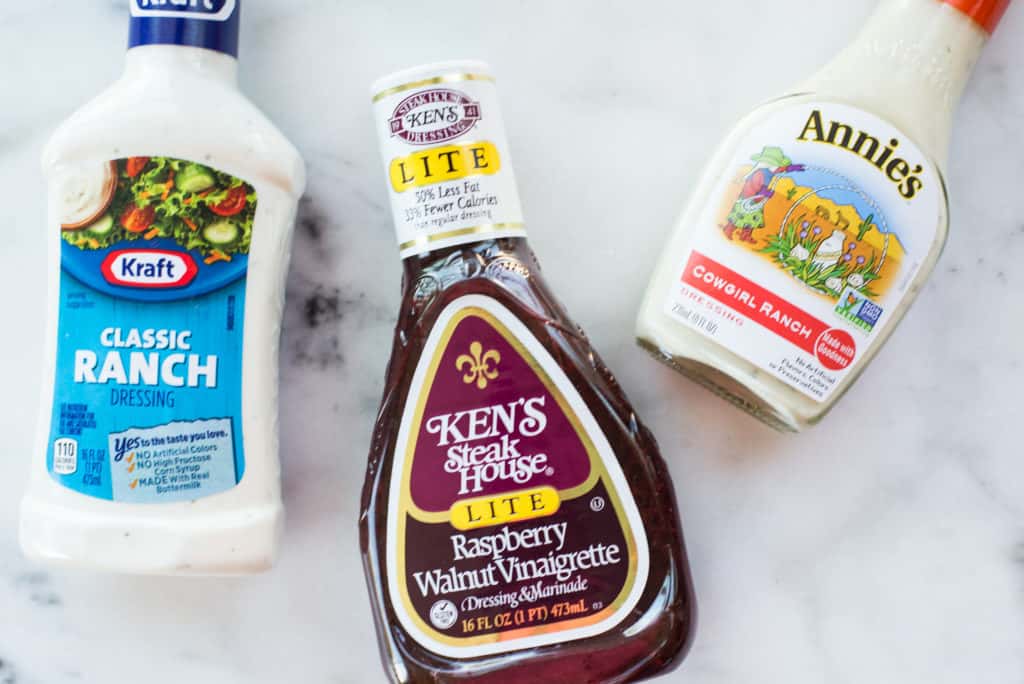
9) VEGETABLE OILS AND SEED OILS
Do you ever use vegetable, safflower, soy, peanut or corn oil? How about salad dressings that contain them? An overabundance of Omega 6s found in these products can trigger an inflammatory response in the body.
Better choices for oil are olive, coconut, grapeseed, and avocado oils. Olive oil has many antioxidants, and using this oil in cooking may reduce your chance of heart disease and stroke. Grapeseed oil has antioxidants, too and also has Vitamin E.

10) ALCOHOL
CRP, or C-reactive protein, is an inflammatory marker that shows an elevation in those who consume alcohol to a level that is beyond safe for them. Drinking more than one drink per day for women and two for men can cause inflammation. What happens is the liver cannot function properly and toxins are released into the body.
Keep your alcohol intake at a minimum or consider not drinking at all.
This post contains affiliate links for products I use regularly and highly recommend.

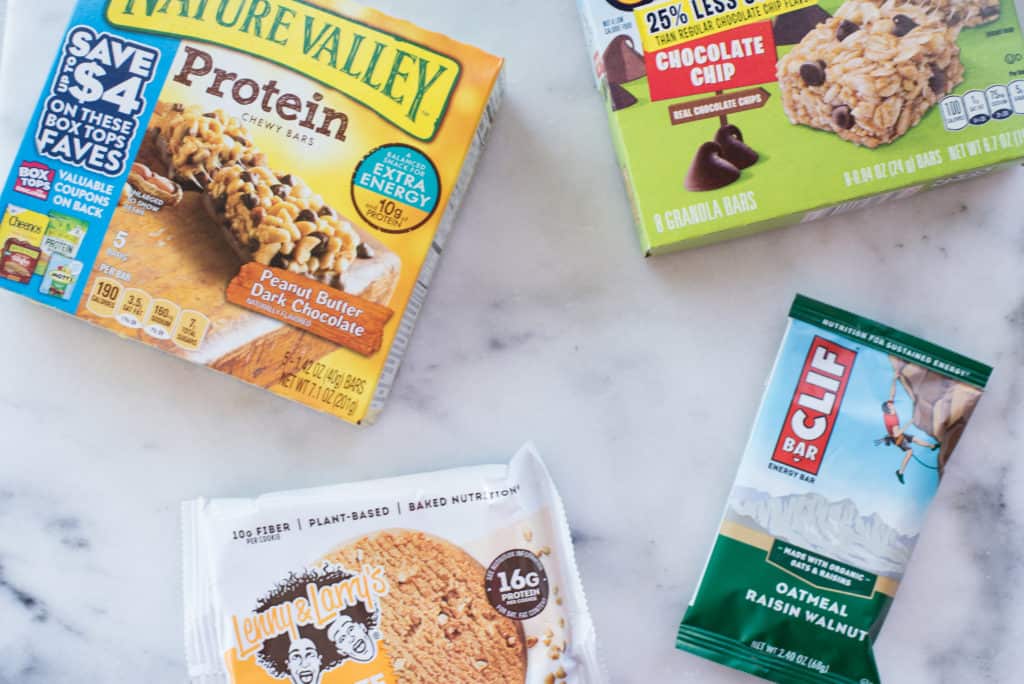

Poulami
Thanks Lacey , loved and enjoyed your post . It was informative and helpful . Please do share such posts in the near future .
N.q
I notice recipes for whole wheat items still include some all purpose flour. Would there still be an inflammatory response in the body if the flours are mixed?
Pam
Many live in only the physical dimension of their lives forgetting that wholistic health requires us to nurture the body, mind and spirit. I happen to be Muslim (and 66 years of age) and life has taught me that there is simply NO way to attain the ideal state of health without getting on your knees to thank your Maker. At least acknowledge Him on a regular basis. You must keep an open line of communication with Him and not consult Him only when in pain and despair. I won't bore you the chronicle of my physical trials, but I can say that a "clean" diet is not the ultimate answer. There is so, so much more to acquiring and maintaining good health.
Deborah
I agree
ROIANN ZIGANTI
I have always excersized, avid runner, yoga, light weights. I lost 20 lbs. at age 13. I had 4 children and returned to my petite suze each time, and was always able to loose 5 lbs with diet and excersize through out the years. 4 years ago at age 58 i put 5lbs. on. I increased my running and decreased my caloric intake. After 20 more months i started gaining more and more and now after 4 years I am 22lbs heVier despite how very little i eat. Ive had to switch to power walking because of my bad back. No matter what I do It seems like I can't loose an once of weight, and I don't know what to do. My freeT4 tested one point below low normal and my TSH has decreased by 50 % in the past 2 years but still what my doc considers normal range. My inflamation markers tested high. I feel i have hypothyroidism, But my Dr. doesn't see it. I have depression, anxiety, panick attacks, ridge's in my finger nails, weight gain, huge hair loss, brain fog, memory lapses, lack of motivation , and digestive issues, food sensitivities, interrupted sleep, despite walking 6 to 9 miles daily and eating a very clean diet. I've tried everything to no avail.
Pat
This exact thing happened to me. It turned out the cause was one of my medications. Are you taking anything, or did you start taking anything that might have caused these side effects. For me it was an injectable migraine med.
Ruth L West
Me too. And no medications at all.
I've discovered that, for me, one of the major culprits was glyphosate (RoundUp), which comes with every grain dish that you eat - bread, pasta, cereal - unless it's organic. I have improved a lot by cutting that and insecticides out of my food.
Shannon Hurst
I had a reaction to one of my injectable migraine medications I think they were administering it to often. It affected my speech my vision everything.
It is finally getting back to normal.
Shannon Hurst
Sponiliosis, and rotator cuff surgeries, I had several bone spurs, i think they were hereditary built up of calcium deposits, I believe to be an allergy, to some milk proteins .
Ole
Calling Eggs inflammatory, is one of the most retarded comments i have heard in years...
It is like when people think they're allergic to nuts or other stuff, but really what they're allergic to, is Peanuts, being it is a Legume, and it confuses the body, but so does other stuff!!! Your body can get so confused, that even water can trigger blood sugar!!!
Eat natural, and quit the carbs that causes all known folk-diseases... Your body does not need carbs, it needs fat, which is why something like Paleo, Keto, LCHF, is such huge successes, it works, because the body gets what it needs!!!
Kim
I was dx with CLL Chronic Lymphatic Leukemia 3 weeks ago, a manageable leukemia. I already eat mainly plant based & alkaline, no processed foods or fast foods, very active, competitive athlete. However now I am getting stricter with my diet to totally plant based, cutting out all inflammatory foods but am finding it hard to find conclusive lists, they seem to be conflicting. I also need to keep protein high for competing and have used protein powders and chicken,fish in the past, now, find it hard to have adequate protein without too many carbs causing weight gain. Any suggestions? Are egg whites inflammatory? I read about eggs several places being yes or no, depending on the person, but nothing about just whites. And, last, do you have a printer version of this article without all the ads? Thank you
Virginia
Sorry, I don't have answers to your nutrition questions, but if you want a printer version of the article w/o all the adds, try opening the article in either the Edge or Opera browser.
Sheila
I'm sorry to hear of your diagnosis. If you google, there are a number of videos and articles from competing body builders who have found success getting their protein from a solely vegan or plant-based diet. That's a personal choice, but it's worth checking out and experimenting. It's recommended, from all I've read, to also keep egg whites to a minimum or not at all, but keep those yolks. I'm finding that for inflammatory foods, if you begin with AIP, that's a good base. It's difficult and overwhelming if you're not prepared, but it's temporary. It gives your body time to heal and also makes it easy to recognize reactions when you reintroduce foods. And after a little bit, you start to feel really good. There are many resources and ideas regarding diets. And many are logical. Ultimately though, what you chose to follow depends on your particular body and circumstances, coupled with the intensity of your "why" to follow-through, and what feels accessible and doable for your lifestyle. What I eat is a conglomeration of many diets. I wish you all the best and hope you find healing.
Gary W Clayton
I'm coming off of a 114 days of the carnivore diet I went on this due to the testimonies claiming that it could help a lot with rheumatoid arthritis from which I suffer
I am finding this post enormously helpful as I re enter different type of eating